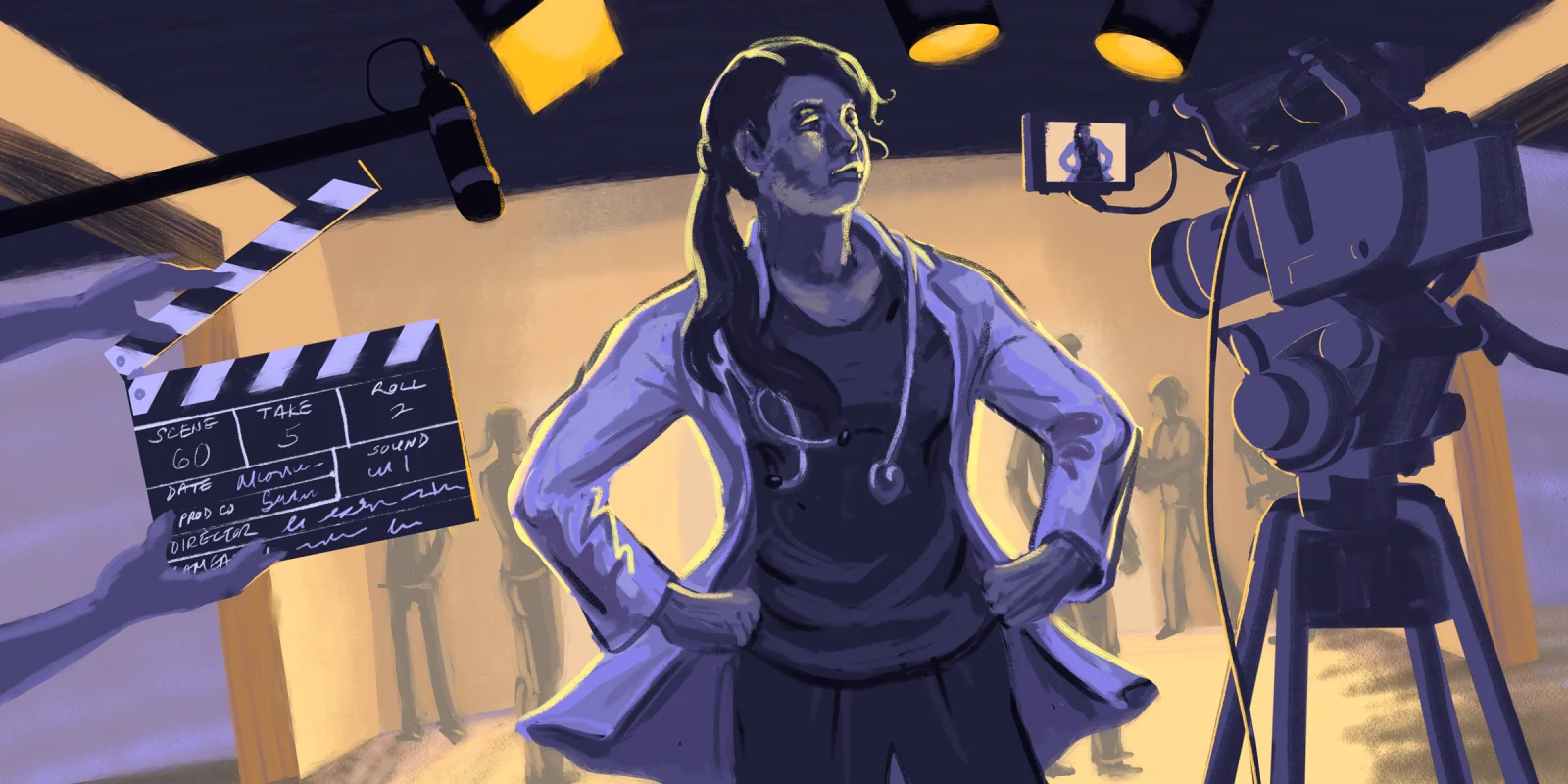As a teenager, I avidly followed the gripping medical drama "House MD," where the enigmatic Dr. Gregory House captivated audiences with his unorthodox methods and sharp wit. While Dr. House's character amused me, I discovered a deeper connection with Dr. Allison Cameron.
In recent years, there has been a remarkable shift in the medical profession, with women increasingly making their mark. It's an exciting development that's highlighting the valuable contributions women bring to medicine. Beyond simply achieving gender balance, these advancements are showcasing how women excel as physicians, with numerous compelling reasons supporting this trend. They do so through their strong interpersonal skills, adaptability, and resilience. They bring diverse perspectives, promote teamwork, and advocate for patient-centered care. As role models and mentors, they inspire future generations, enriching the medical profession with their leadership and empathy.
Dr. Cameron’s compassionate nature, unwavering dedication to her patients, and resilience in the face of challenges naturally made her a role model physician. In a series dominated by strong personalities, she stood out as a beacon of empathy and integrity, leaving a lasting impression on viewers like myself.
For every mystery Dr. House solves, a crucial part of the puzzle is collected by Dr. Cameron. Her compassionate approach contrasts with Dr. House's demeanor when they treat a patient with extreme sensitivity to pain. Despite House's skepticism, Cameron's empathy leads her to uncover the patient's rare condition, ultimately saving his life. In another instance, Dr. Cameron notices a patient's reluctance to disclose his sexual history, which leads her to suspect an STI sexually. This observation ultimately helps the team diagnose the patient's condition accurately. I have always believed that attention to detail is essential in providing quality medical care. One particular patient that I encountered as an intern taught me just how powerful this principle can be.
Mr. O was a middle-aged man who showed up at my clinic for a post-discharge follow-up. He had been hospitalized twice in the last six months for heart failure exacerbation. He followed a cardiologist and swore to adhere to his heart failure medications at home. It was not immediately apparent as to what was causing repeated hospital admissions. As I dug a little deeper into his chart and listened to him intently, the reason presented itself ... He had been taking non-steroidal pain medication for months, but his knee pain only seemed to be getting worse.
Recognizing Mr. O's excessive pain medication use could be worsening his heart failure, I intervened to prevent further complications. I emphasized the dangers of overmedication and the importance of holistic care, including physical therapy and lifestyle changes. Crucially, I listened to his concerns, crafting a personalized treatment plan together. Regular follow-ups ensured his progress. As his knee pain decreased and heart failure stabilized, he felt valued and cared for as an individual, and not just a collection of symptoms. Through this experience, I realized the qualities women possess that not only make them equal representatives but also superior physicians.
Dr. Allison Cameron consistently demonstrates exceptional attention to detail, a trait inherent in thorough diagnosticians. Her empathetic nature is defining, as she genuinely cares for her patients' well-being, ensuring they receive compassionate care even in challenging ethical dilemmas. For instance, she takes charge of a case involving a young girl with multiple symptoms, despite Dr. House's initial dismissal. Her persistence and thorough investigation lead to the diagnosis of erythropoietic porphyria, a rare genetic disorder. Dr. Cameron upholds ethical principles, advocating for what she believes is morally right, even when it clashes with Dr. House's methods. Her integrity and moral compass command respect among her colleagues, as seen when she advocates for a patient who declines treatment for religious beliefs, leading to a successful outcome despite initial opposition.
Throughout the series, Dr. Cameron undergoes significant personal and professional growth. She learns to navigate the complexities of working alongside Dr. House while maintaining her own principles and values. Her journey illustrates her resilience and commitment to growth as a physician. As the series unfolds, Dr. Cameron rises as a prominent leader within the team, championing patient-centered care and challenging the status quo when necessary. Her willingness to stand up for what she believes is right underscores her leadership qualities and dedication to her patients' best interests.
In conclusion, you can see why Dr. Allison Cameron is my heroine! She brings unique qualities to the table that make her special. Her attention to detail, empathetic nature, patient-centered communication, integrity and zeal to excel are just a few reasons why she is the healing touch our world needs.
Who are your TV heroes or heroines? Share in the comments.
Sahithi Sharma, MD is a second-year internal medicine resident at Texas Tech University Health Sciences Centre, Paul L. Foster School of Medicine, El Paso TX.
Illustration by Jennifer Bogartz






